AARP Hearing Center

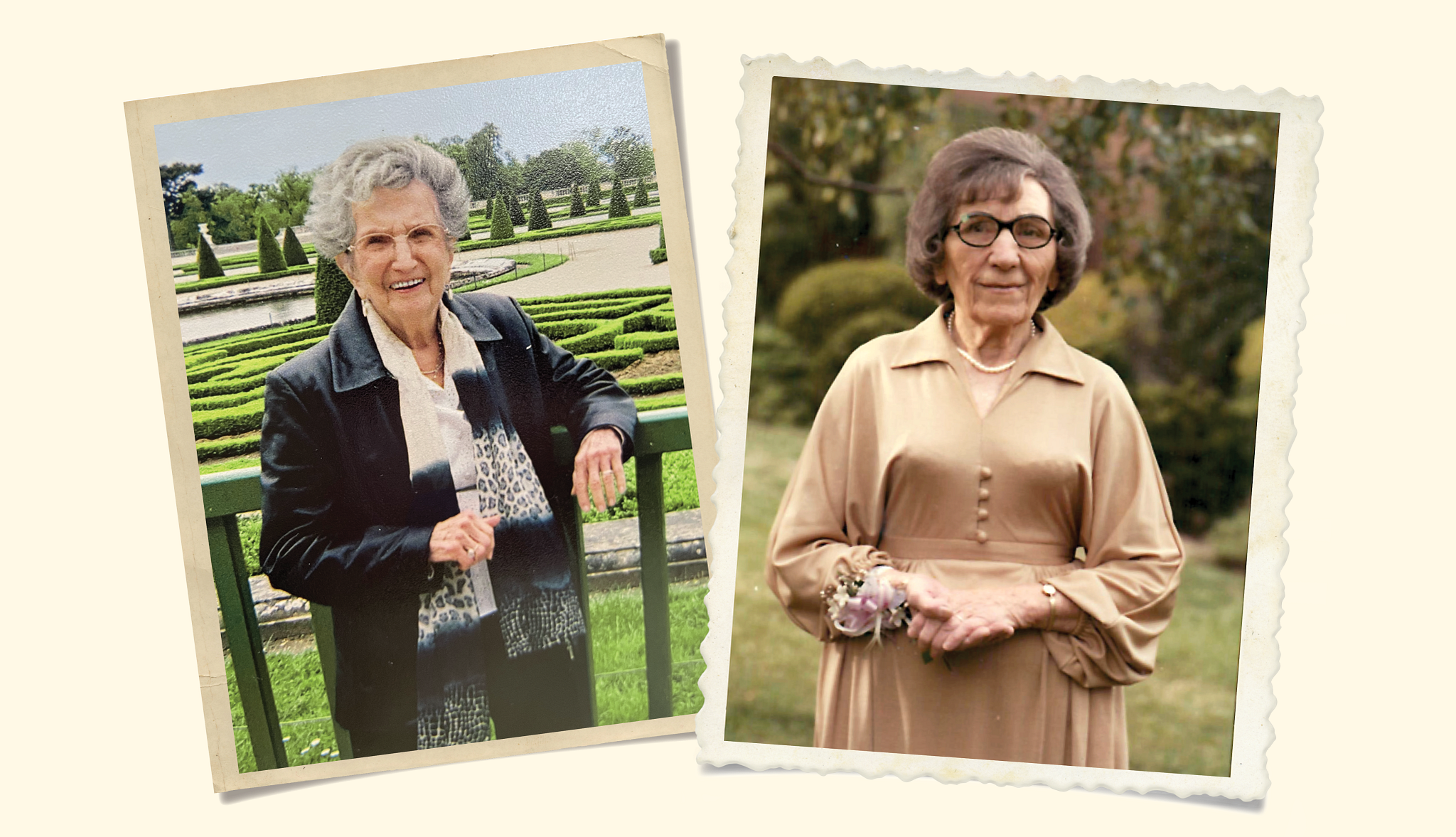
The photo challenges everything we’re told about longevity. It’s a snapshot of my grandmothers, both over 70, at a family gathering. On one side, Grandma Ruth radiates her usual vitality — bright smile, dressed to impress, brimming with the energy of someone who had a thousand friends, an adoring husband and countless hobbies: baking, sewing, gardening, volunteering. Beside her stands Grandma Charlotte, her weary expression unmistakable. Clearly, she’d rather be anywhere else. A fearful, religious woman with a history of profound loss, she carried the weight of the world like armor, rarely venturing far from the dim apartment she called home.
Two grandmothers, two wildly different approaches to life. Ruth, the wellness devotee, attended aerobics classes, prioritized sleep and seemed to actually enjoy carrot juice. Charlotte, by contrast, loaded her chopped liver with chicken fat, snacked on Hershey bars and spent afternoons on her sagging couch watching As the World Turns. Despite their divergent paths, Ruth and Charlotte both lived to 104. Neither developed dementia, cancer, heart disease or diabetes. In both cases, the cause of death was listed simply as “age.”
For years, my family clung to a tidy narrative: Grandma Ruth did everything “right,” while Charlotte somehow survived in spite of herself. Yet both routes worked. So what truly carried them so far? Was it grit, biology, an alignment of stars or something science hasn’t yet explained? Somewhere in the folds of their deeply individual stories lies the answer to life’s beautiful, infuriating unpredictability.
We know the usual pillars of longevity: genes, diet, sleep, exercise, connection, purpose. But in recent years, researchers have uncovered subtler, less tangible forces: resilience forged in hardship, the sustaining power of love, the anchoring strength of faith and the surprising life-extending impact of conscientiousness.
As I’ve explored old and new theories on longevity, I’ve come to see my grandmothers’ lives not as opposites but as two sides of a complex truth — one that challenges conventional wisdom, and even my family’s assumptions, about what it takes to not just live long but to live well.

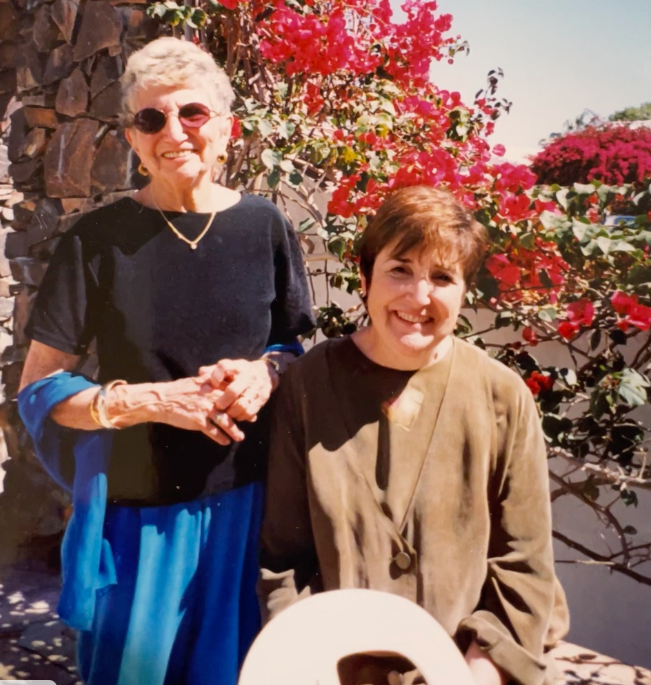
What we thought we knew
For decades, the science on aging seemed straightforward. Eat your greens. Get your steps in. Avoid smoking. Find a hobby that isn’t skydiving. And, OK, maybe be born into a family with relatives who lived to 90 or 100. These have long been the hallmarks of consummate aging, repeated in public health campaigns and echoed by centenarians eager to share their secrets with Al Roker on the Today show. Do the right things and you, too, can enjoy a lasting, flourishing run. It was the logic behind phenomena like the “blue zones” — those idyllic pockets of the planet where residents seemed to hold the secrets to eternal youth through plant-based diets, frequent movement, time in nature and tight-knit communities. Researchers flocked to places like Sardinia; Okinawa, Japan; and Loma Linda, California, to distill the lessons of the “oldest old.”
Or so we thought when we bought the cookbooks and supplements. Then, last year, researcher Saul Newman, from University College London, tracked down data on 80 percent of the people in the world over 110 and found that very few had a birth certificate. Inconsistencies in recordkeeping cast doubt on blue zone theories in the U.S., England, Italy, France and Japan. A review by the Japanese government concluded that 230,000 of its country’s centenarians were “missing, imaginary, clerical errors, or dead.”
That’s not to say blue zone science is bunk. A nutritious diet, exercise and community can help get you more birthday candles. But there’s no one-size-fits-all formula. According to a 2021 review in the journal Science, none of the popular anti-aging dietary practices — whether intermittent fasting or ketogenic diets — guarantee extra years at the dinner table. Even the popular notion of taking 10,000 steps a day doesn’t hold up to scrutiny: A recent meta-analysis of studies found that people over 60 derive the most benefit from walking between 6,000 and 8,000 steps daily.
“The science of aging well is a needle-in-a-haystack problem, so it’s not surprising to see some conclusions stretched a bit,” says Nir Barzilai, a longevity researcher at the Albert Einstein College of Medicine. He has extensively studied the lives of older people in the United States, particularly Ashkenazi Jews like my grandmothers. What Barzilai found among his centenarians is both surprising and counterintuitive.
“Half of them were overweight or obese, half were smokers, many rarely exercised and very few were especially careful about what they ate,” he says. Yet they remained remarkably healthy, with only half the incidence of cardiovascular disease of others.
It’s one more piece of evidence pointing to a conundrum. The more we know about longevity, the less we can hold on to certain long-held assumptions. A recent study of identical twins in Finland, for instance, found that while exercise is good for us as we age, it might not guarantee a longer life. The research showed that, yes, moderate exercisers were biologically younger than those who didn’t exercise at all. But moderate exercisers were also somehow biologically younger than those who exercised a lot. Another study found that slightly overweight people may live longer than their normal weight, underweight and obese counterparts.
Did Grandma Charlotte’s chocolate habit give her an edge on aging? Probably not. Grandma Ruth’s occasional tipple didn’t help much either. While red wine in moderation was once touted as a salve against time, a sweeping analysis last year of 107 studies spanning four decades found that no amount of alcohol is truly safe for the aging body or brain. How bad is booze? Just two drinks a week may trim nearly a week off your life on average. Seven drinks a week could cost you two and a half months.
The evolving thinking on aging is just as sobering when it comes to popular supplements. All that fuss about pill-form antioxidants ridding our body of toxins called free radicals that age our cells? New research shows that these supplements — vitamin E, beta-carotene and the like — provide no significant benefit and may even cause negative side effects.
It’s the same story with more radical regimens, like the ones practiced by wealthy Silicon Valley biohackers who see aging as another disease to be cured, or at least slowed. But aging isn’t something to code your way through. Even the now-FDA-prohibited transfusion of plasma from someone between the ages of 16 and 25, a treatment known as young blood infusion, would not turn back the clock for a 50- or 60- or 75-year-old.
Quackery is quackery, so buyer beware. “Every year, someone is selling something new to reverse aging, and, trust me, it’s almost all based on junk science,” says Thomas Perls, director of Boston University’s New England Centenarian Study, which has been tracking the lives of older people since 1995. “If an anti-aging remedy doesn’t show up in the standard medical literature with a clinical trial showing its benefits, stay as far away as you possibly can.”

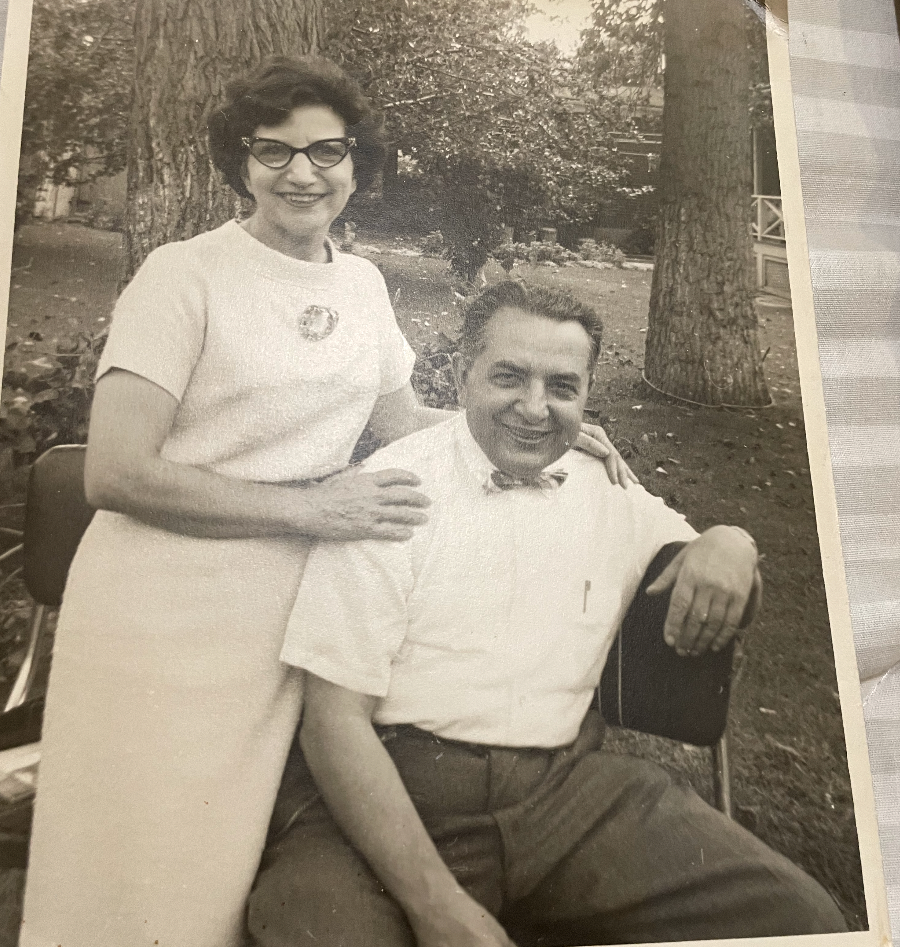
Still, much research remains incontestable. We know people who quit smoking or never smoked have a lower risk of dying prematurely than those who smoke. Study after study highlights the benefits of quality sleep — seven to eight hours a night remains the standard — for both cognitive health and disease control. As for the benefits of reducing risk and nurturing relationships: Neither of my grandmothers was a daredevil, and both enjoyed long, stable marriages that kept them safe and anchored. Even so, if I made a checklist of healthy aging habits, Charlotte and Ruth would score somewhere in the “Do as I say, not as I do” range. Neither was letter-perfect in her long journey.

































































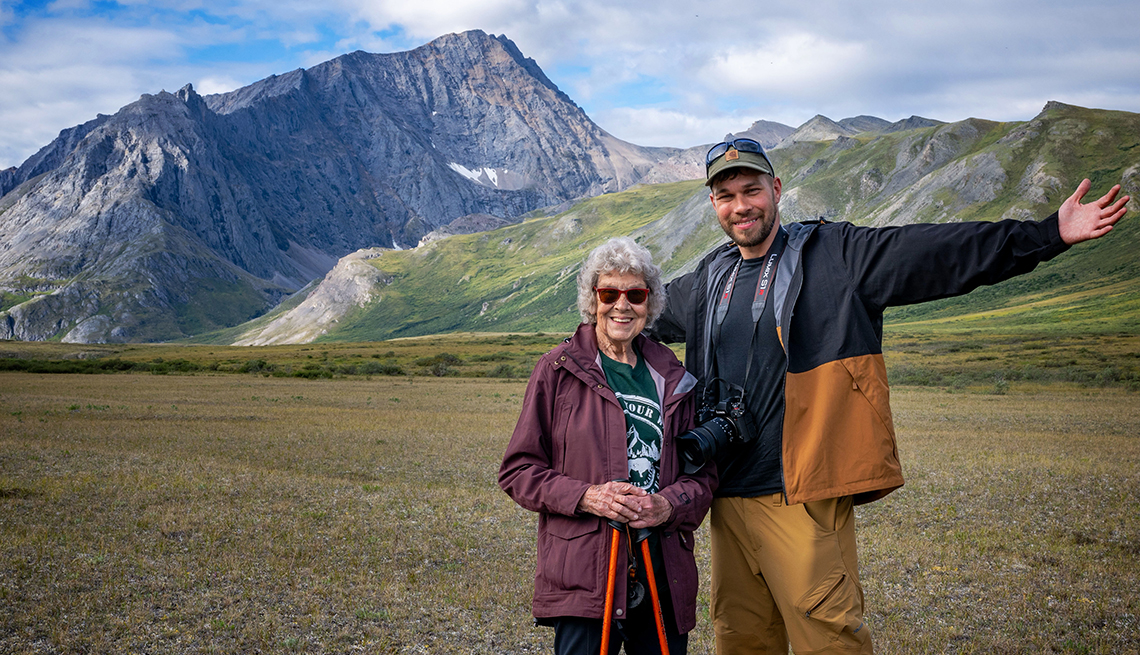
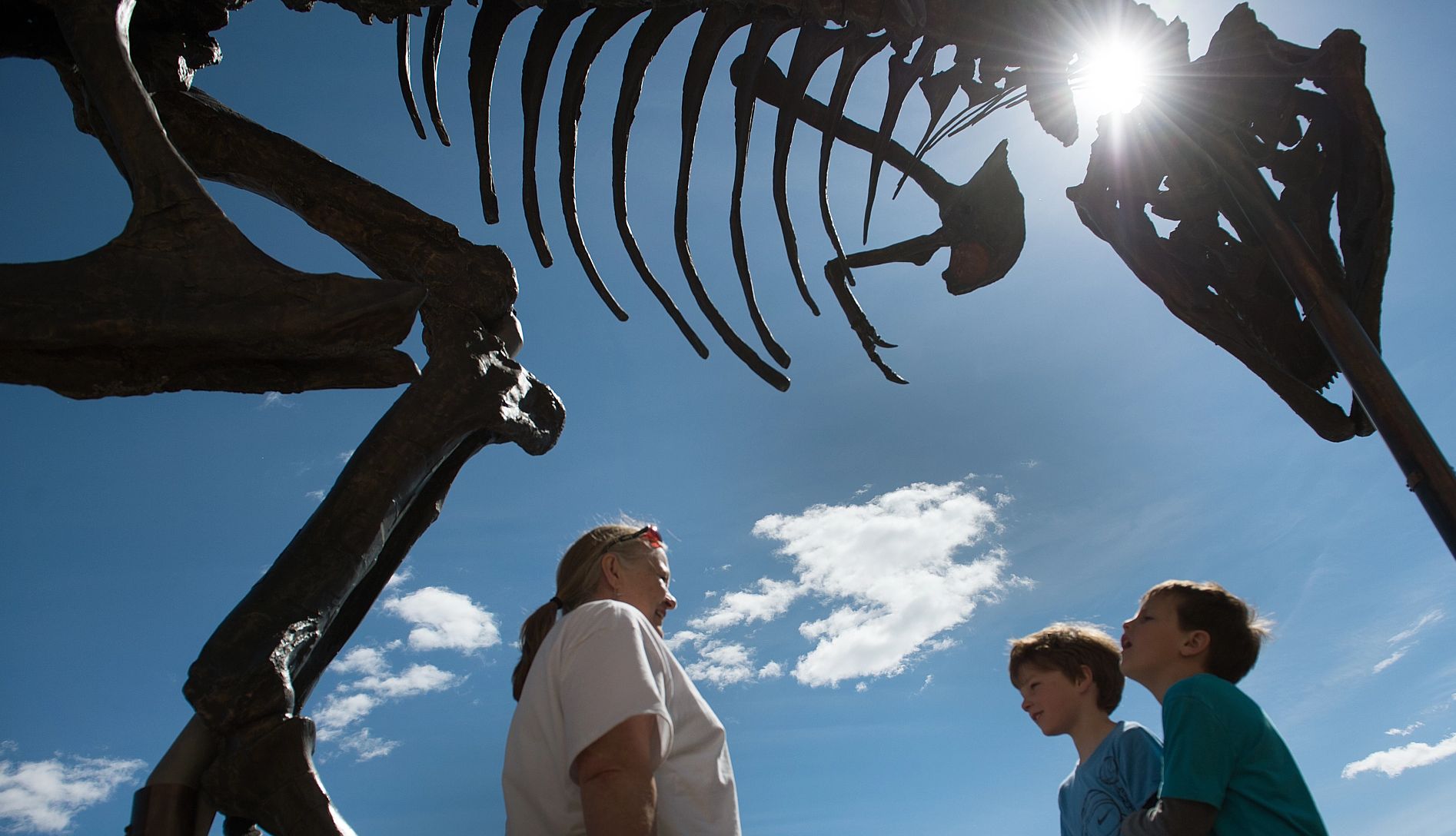
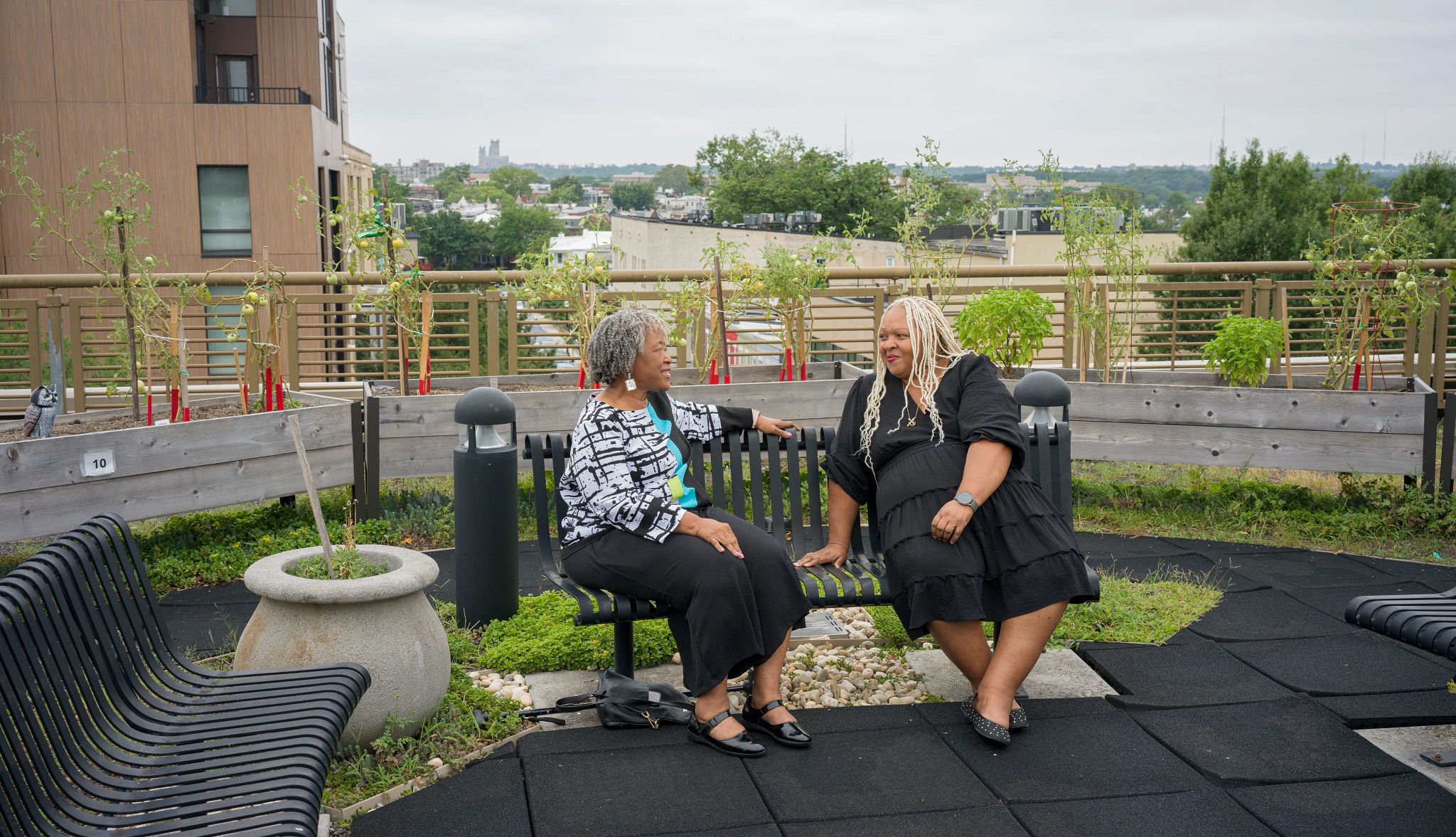
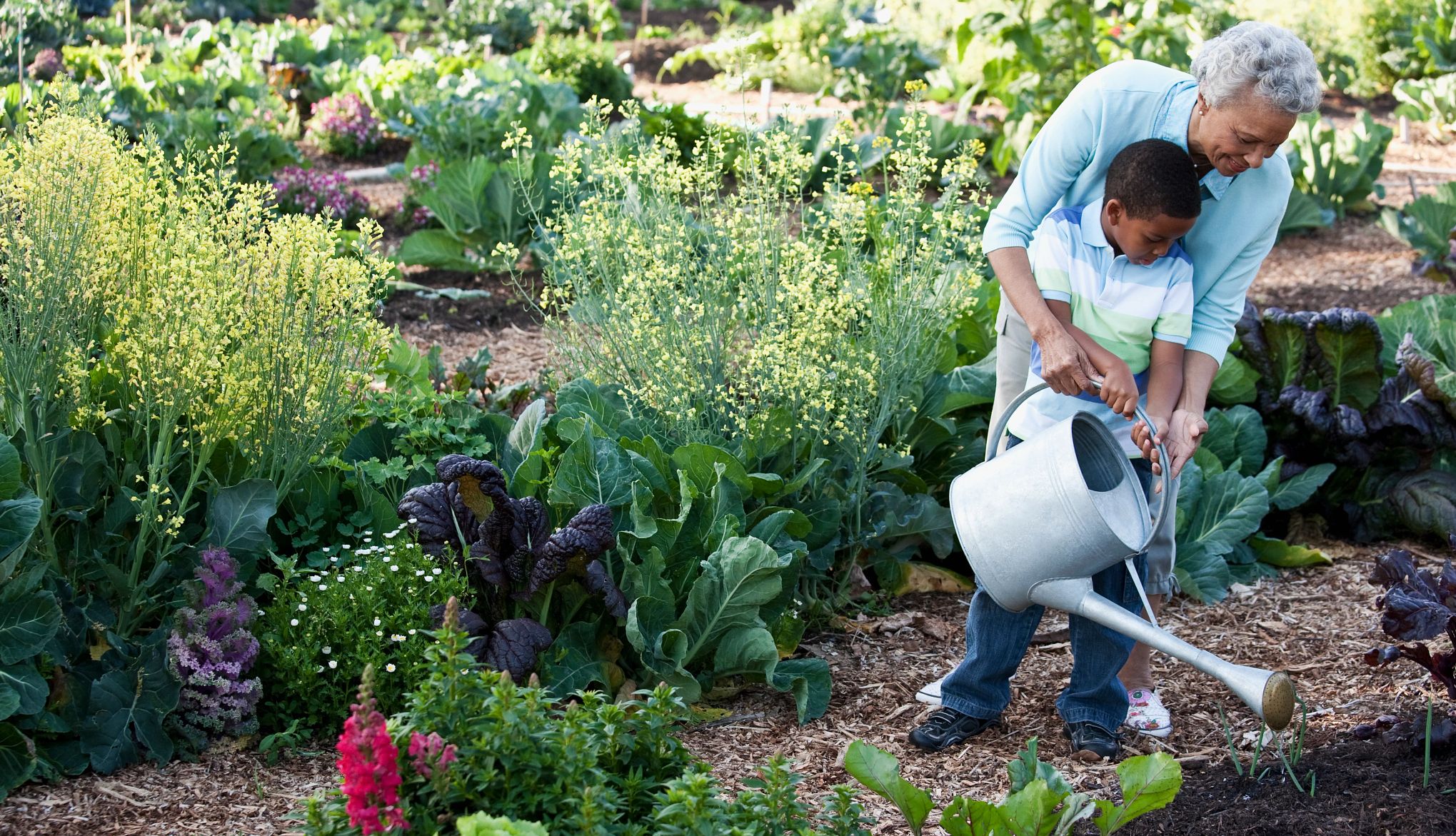
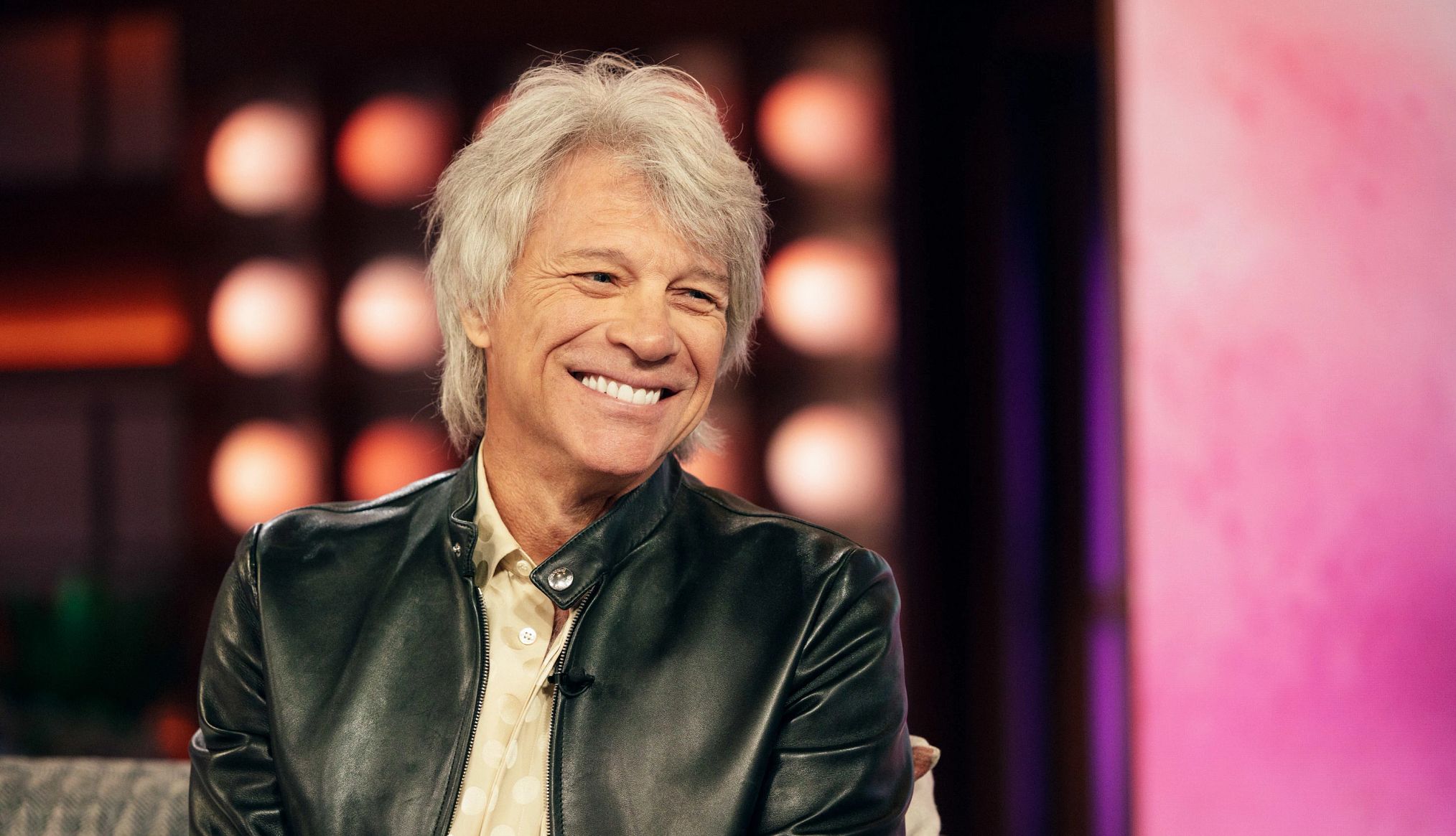
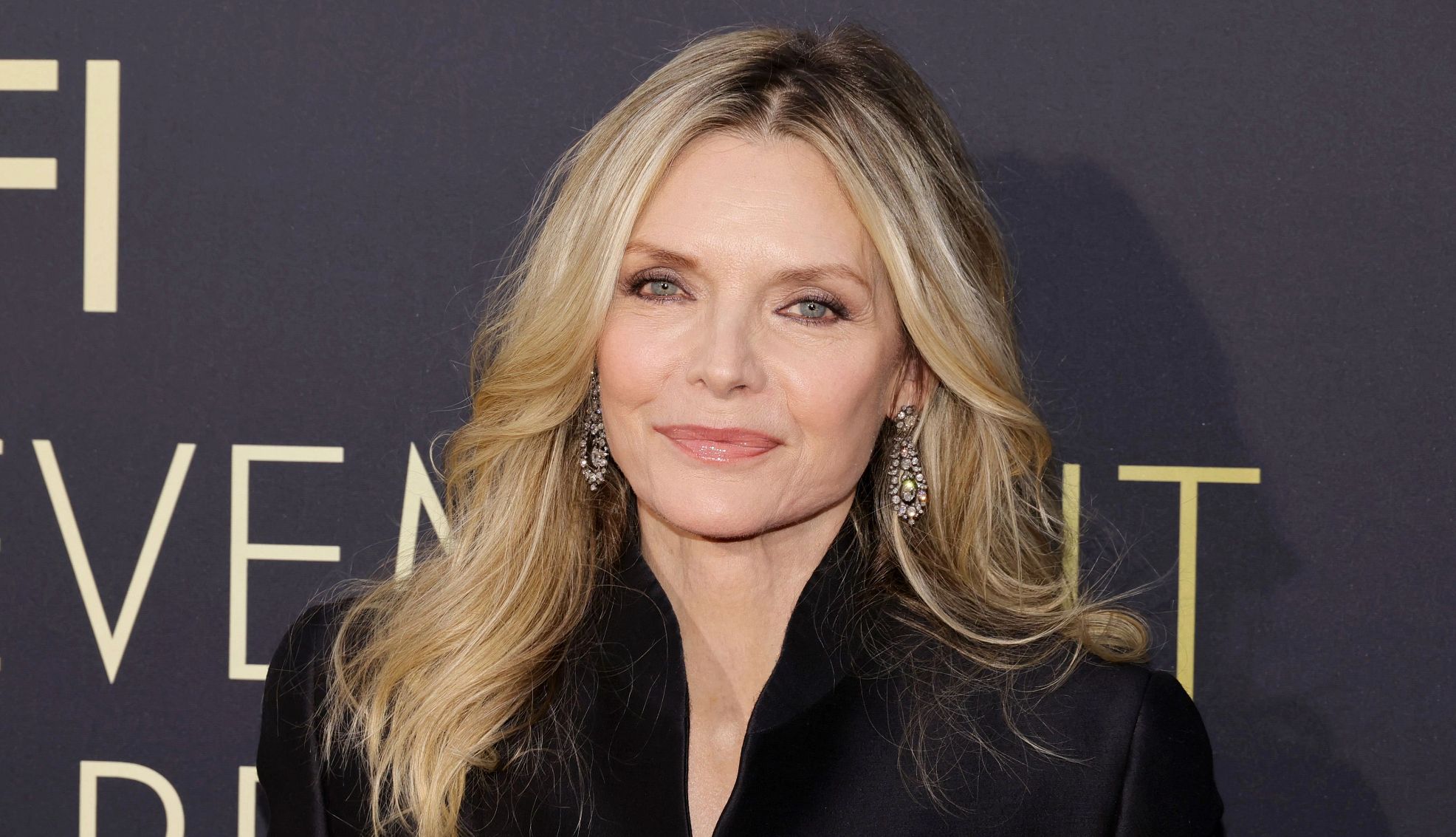
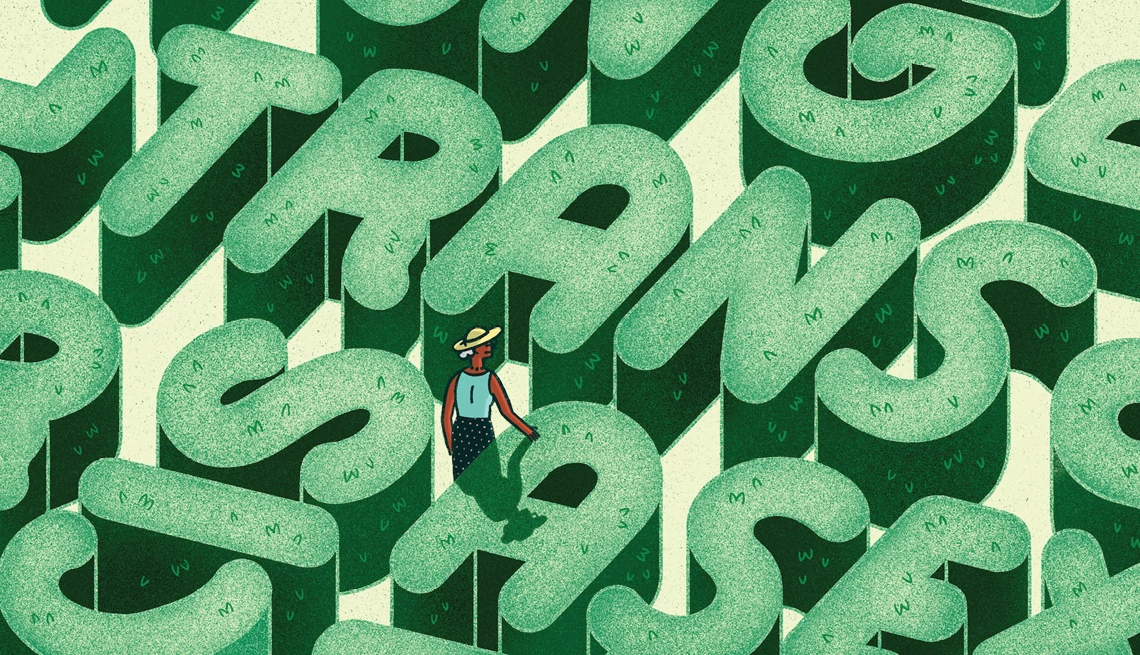


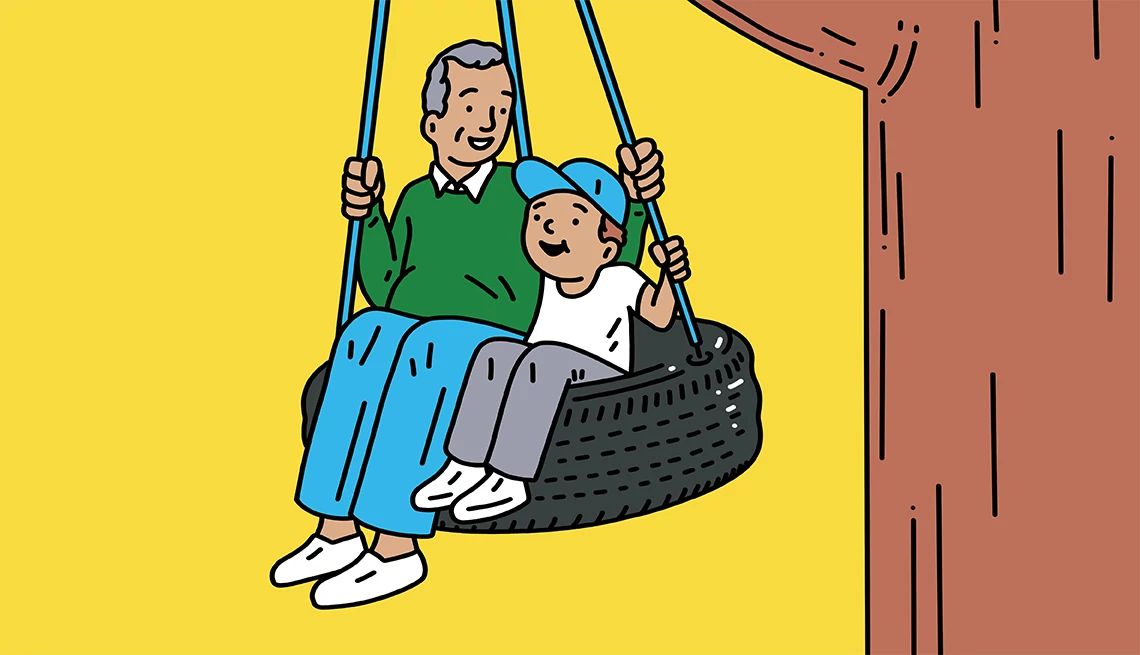
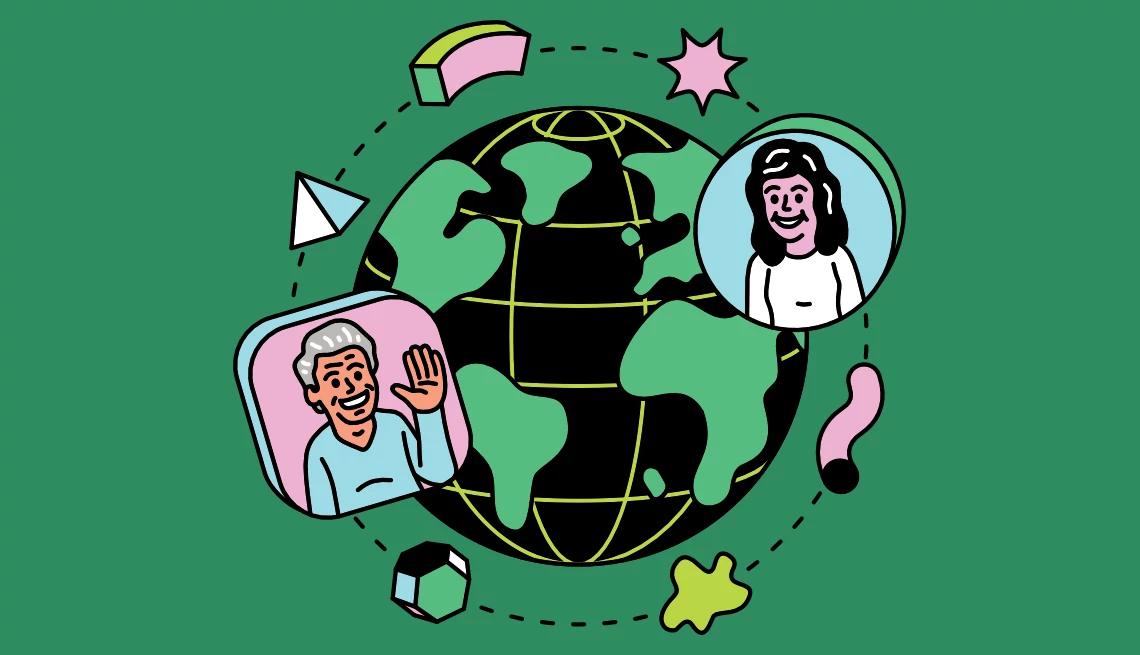
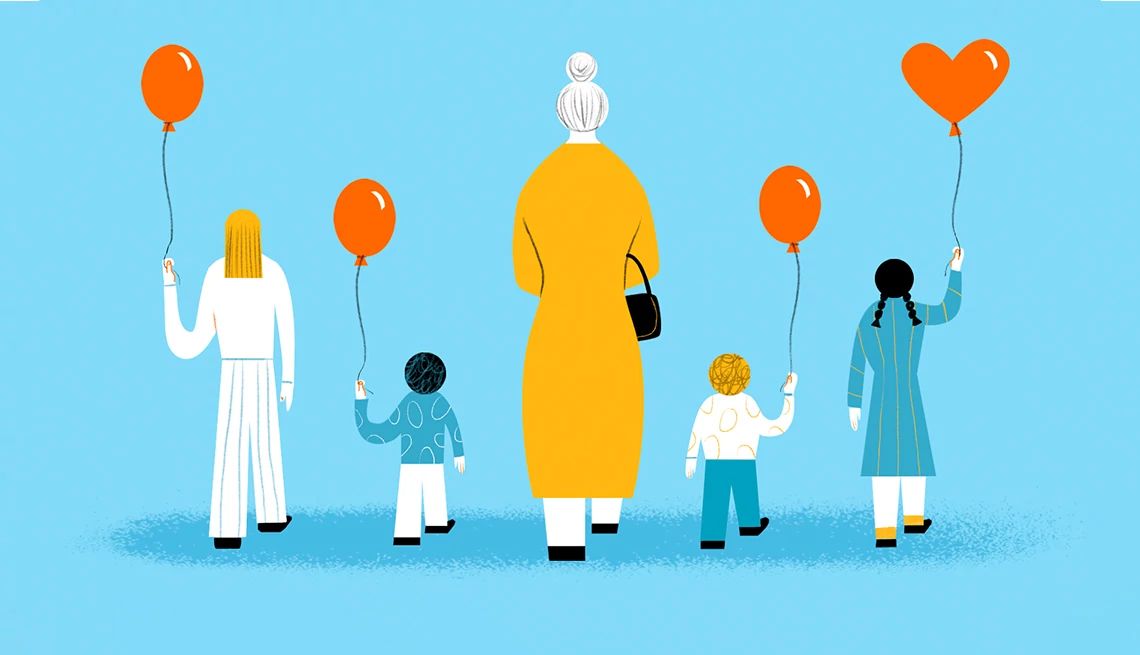
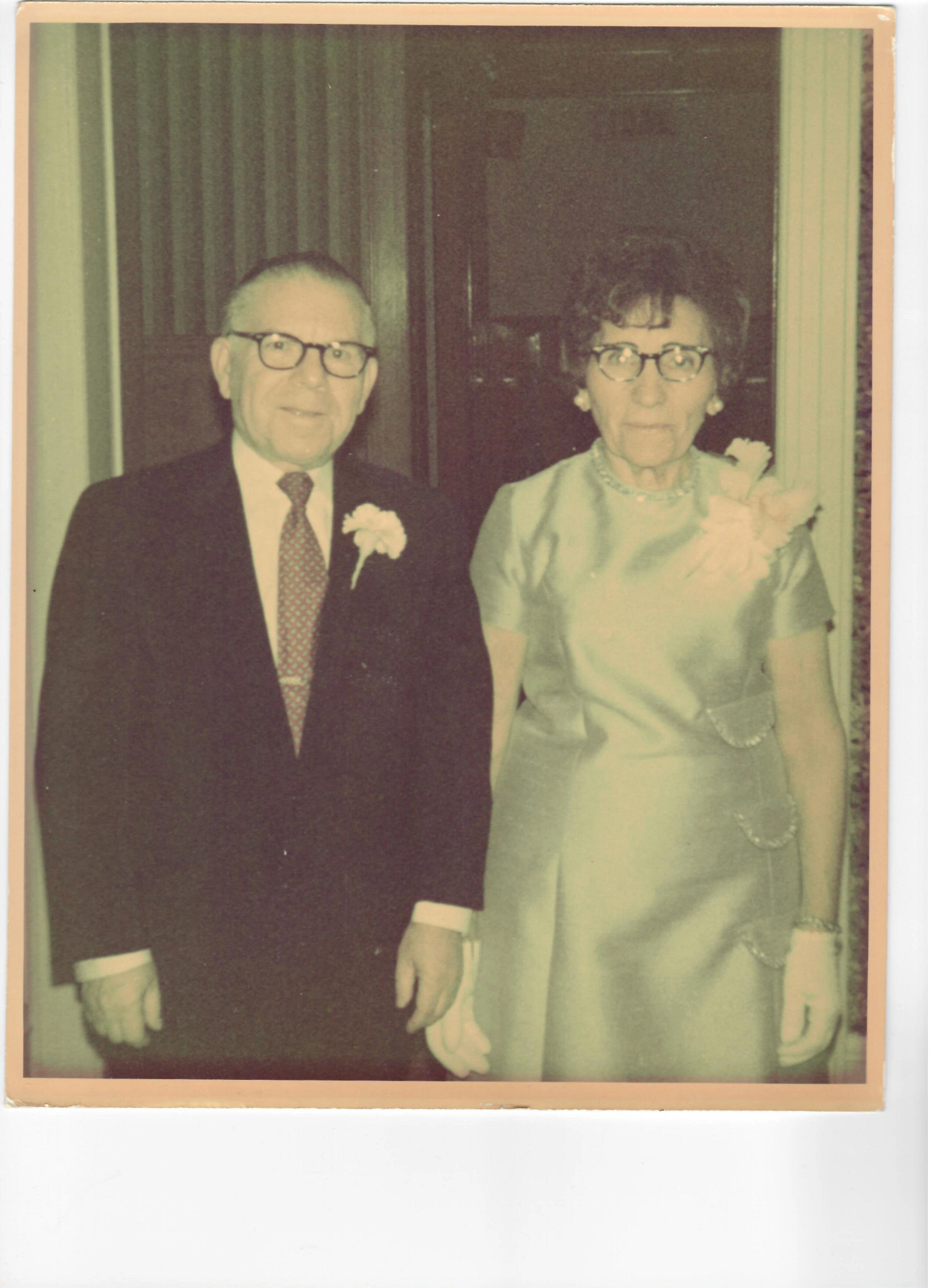.jpg?crop=true&anchor=49,198&q=80&color=ffffffff&u=7xsf69&w=1329&h=1516)


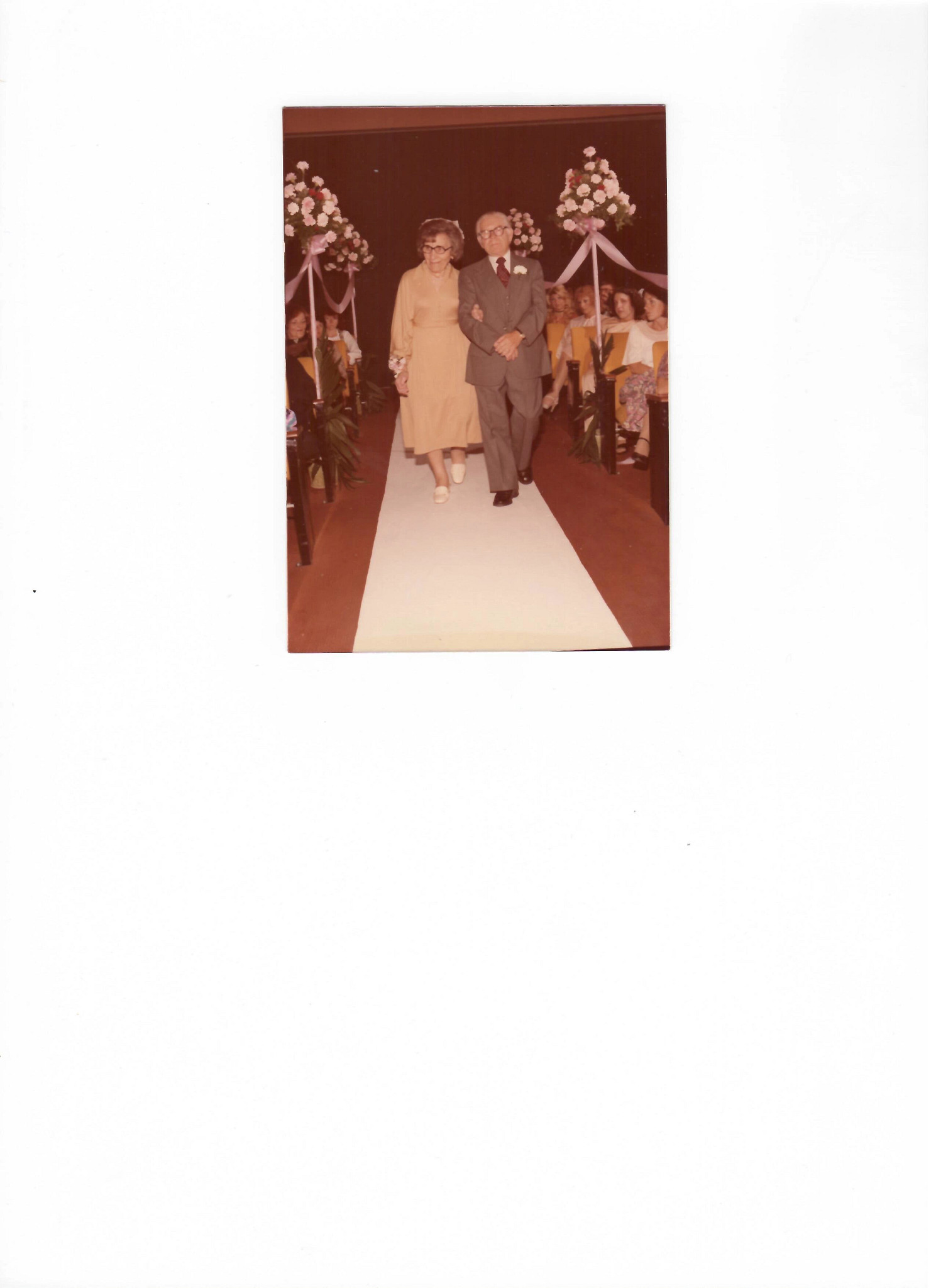.jpg?crop=true&anchor=457,217&q=80&color=ffffffff&u=7xsf69&w=602&h=661)
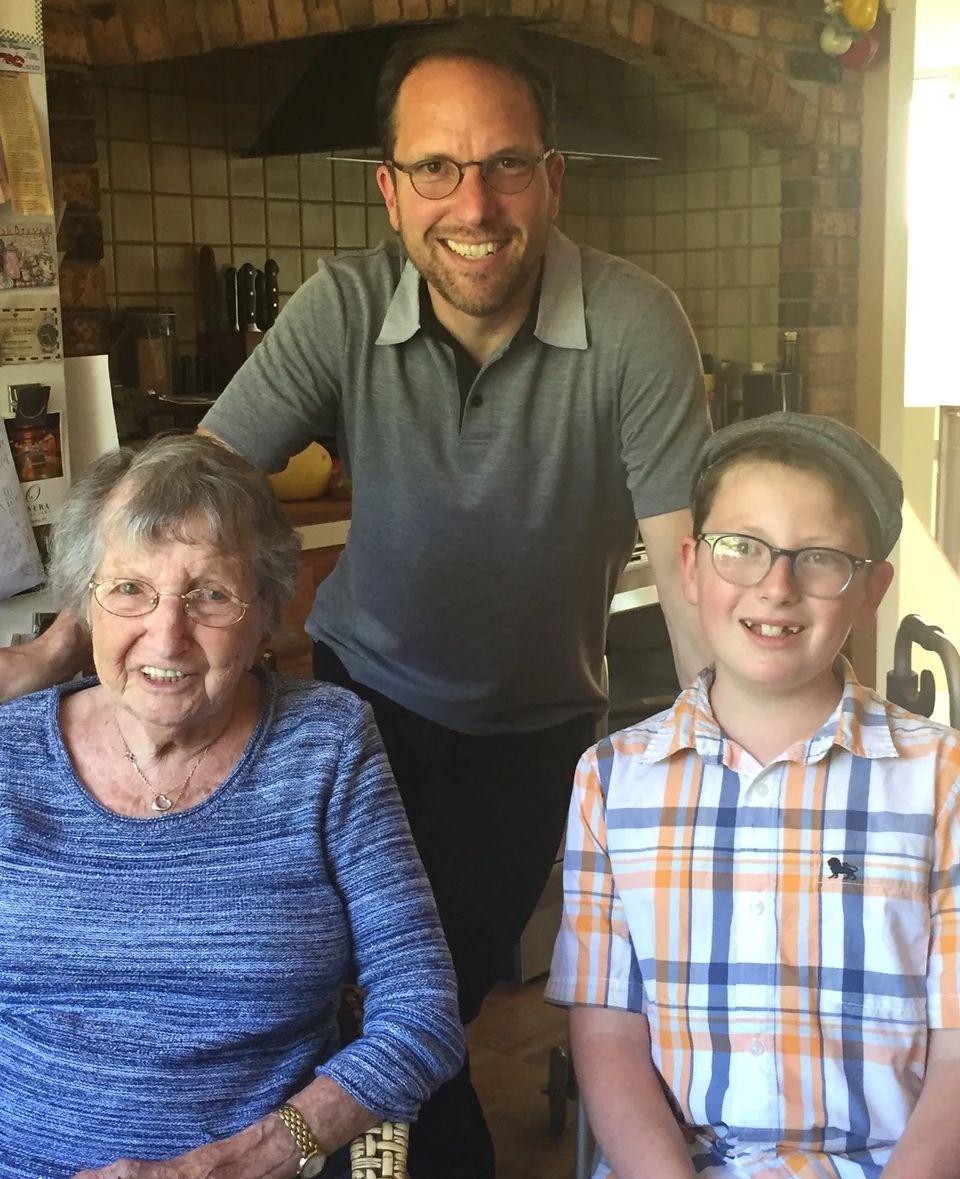

You Might Also Like
My Biggest Retirement Mistake: Not Having a Plan
A former Facebook exec makes his first love his second act
Connect With a Stepchild of Any Age
It’s worth taking the time to thoughtfully connect with your stepchild. Here’s how
Here’s What to Do With All Your Unwanted Stuff
We share advice on how to sell, donate and recycle